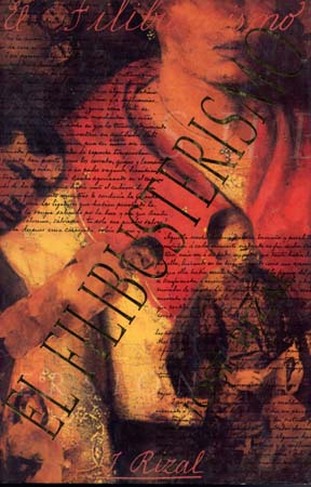



The new discipline of anthropology was of special interest to him he was committed to refuting the friars' stereotypes of Filipino racial inferiority with scientific arguments. During the decade that followed, Rizal's career spanned two worlds: Among small communities of Filipino students in Madrid and other European cities, he became a leader and eloquent spokesman, and in the wider world of European science and scholarship - particularly in Germany - he formed close relationships with prominent natural and social scientists. His last words were in Latin: "Consummatum est!" ("It is done!")Īfter several years of medical study at the University of Santo Tomás, he went to Spain in 1882 to finish his studies at the University of Madrid. He began learning to read and write at age two and grew up to speak more than 20 languages, including Latin, Greek, German, French, and Chinese. Born in 1861 into a prosperous Chinese mestizo family in Laguna Province, he displayed great intelligence at an early age. Rizal was a scholar and scientist, as well as a physician and and writer, and most outstanding member of the Propagandist movement. His contemporaries include Gandhi and Dr. He was later recognized by some historians as Asia's first nationalists. In one of his novels Rizal referred to the Philippines as the "Pearl of the Orient Seas." Rizal was arrested and executed on Decemby Spanish officials when he was just 30. He criticized the Spanish government in the Philippines in two novels and drummed up nationalist sentiments, but called for peaceful reform under colonial rule. Jose Rizal, a young doctor-writer, is regarded as the father of the Philippines.


 0 kommentar(er)
0 kommentar(er)
